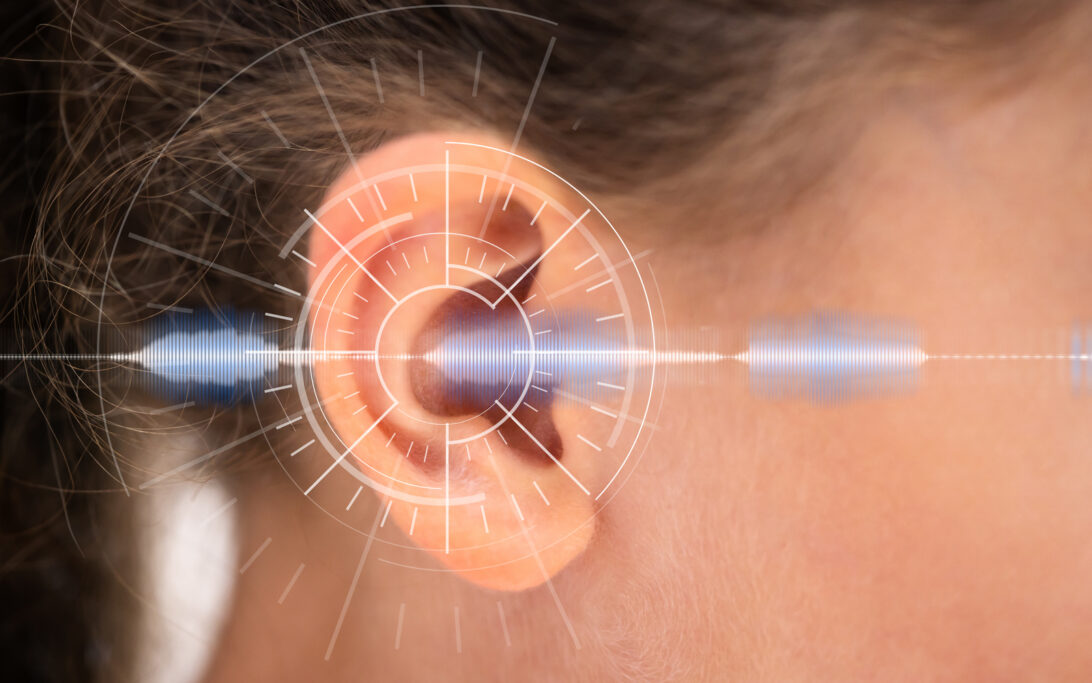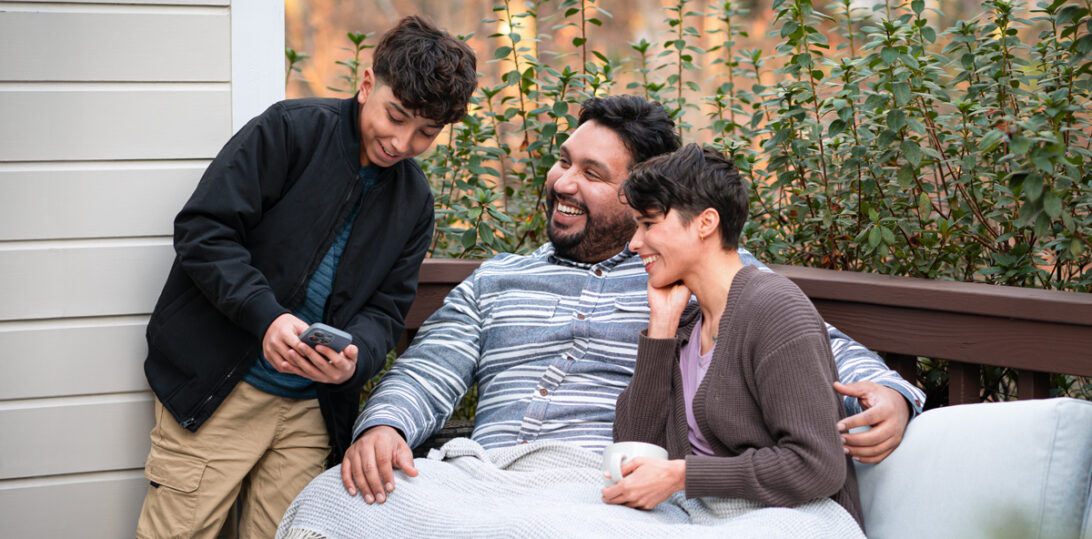
The early activation of cochlear implant audio processors is an option that growing numbers of hearing implant clinics now offer. This article summarizes recent publications on early activation in cochlear implantation and its reported impact on patient care, safety, impedance values, fitting parameters, audiological outcomes, complications, and more.

.png)





